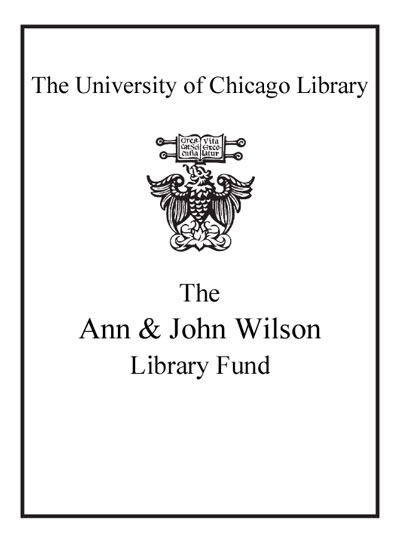Review by Choice Review
Kunicki (history, Univ. of Notre Dame) employs a biography of a relatively minor figure in 20th-century Polish history to tell a larger story of the machinations in the country's difficult recent history. In doing so, he adds significantly to a growing literature in the "Polish and Polish-American Studies" series. Catholic nationalist Bolesaw Piasecki (1915-79) was an ultimate survivor whose personal political gamut ran from anti-Semitic fascist in the 1930s to communist activist at the time of his death. An opportunist of the highest order, Piasecki adapted and manipulated as he interacted with Polish political and church leaders across the political spectrum, including Jozef Pilsudski and his heirs, wartime resistance leaders, Stalinists, Wadysaw Gomulka's national communists, Edward Gierek's technocrats, and others. But ultimately, Piasecki was a pathetic character, his life's ambitions failed, and he is a rejected figure today. Employing excellent archival research and deft writing, Kunicki weaves the complex saga into an analysis of the relationship between authoritarianism, nationalism, communism, and religion in Poland over the decades to the present postcommunist nation. This is not a book for the novice, but it is highly recommended to specialists in eastern European history. Summing Up: Highly recommended. Graduate and research collections. J. P. Dunn Converse College
Copyright American Library Association, used with permission.
Review by Choice Review

